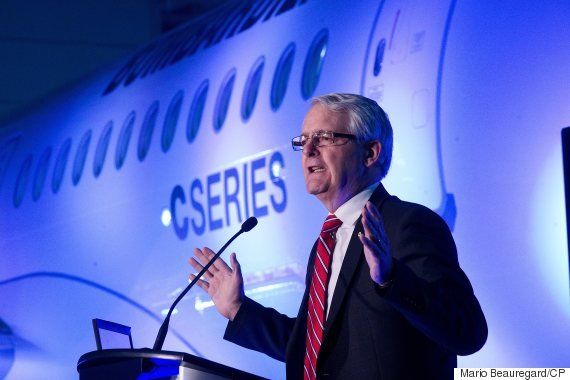
Canada’s Transport Minister Marc Garneau will convene a “workshop” with the leaders of the country’s airlines to ensure everything possible is being done to avoid a repeat of a widely publicized drunk pilot incident earlier this month. A heavily drunk Sunwing Airlines captain was pulled from the cockpit after passing out before a flight from Calgary to Regina, Saskatchewan, and then to Cancun. His blood alcohol readings were more than .24, three times the legal driving limit in Canada and clearly in violation of Sunwing’s 12-hour bottle-to-throttle rule. All Canadian airlines ban alcohol use at least eight hours before flight crews (including cabin staff) report for work but Garneau, a former air force pilot and astronaut, said in a letter to the airlines he wants to ensure their internal checks are working. “The incident in Calgary reminds us all of the need to ensure that protocols are up to date and that they are being implemented with all the required resources, including measures designed to confirm pilots’ fitness to fly,” he wrote. They must respond in writing to Garneau by Feb. 15 outlining their programs and how they’re implemented. Canada does not have a system of random drug and alcohol tests for flight crews like the U.S. does and airlines and pilots appear to be trying to head that kind of initiative off.
Most airlines responded publicly with assurances that the multiple layers of checks are effective at preventing the alcohol- or drug-impaired from actually getting airborne. Sunwing noted that the pilot involved, a Slovakian national in Canada on a temporary work permit, was reported by staff at every step of his journey to the cockpit that morning, including his first officer who put a final stop to the flight. The Airline Pilots Association issued a statement in support of Garneau’s letter but included a reminder about the layers of safety that are in place. “Multiple safeguards, including regulation [CAR 602.03], various safety programs at each individual airline, ALPA’s internationally recognized Pilot Assistance Program, and flight crew monitoring on every flight to ensure that crewmembers comply with government regulations and company policy, provide a thorough and effective approach to advancing aviation safety,” ALPA’s Canadian board of directors said in a news release.


































